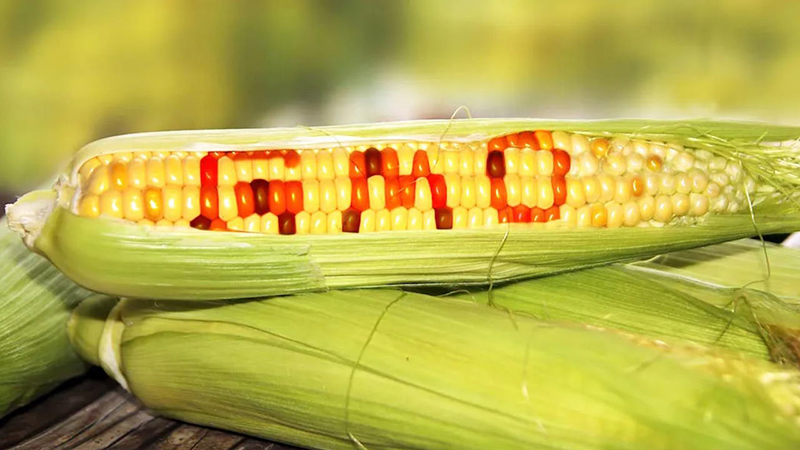Illegal GM maize detected in processed and unprocessed food products in India

Genetically modified (GM) maize, which is illegal in India, has been detected in commercially sold processed and unprocessed maize grains in the country, scientists have found.
Researchers from the National Institute of Food Technology, Entrepreneurship and Management, Thanjavur (NIFTEM-T) conducted advanced technical tests, including attenuated total reflectance-fourier transform infrared spectroscopy (ATR-FTIR) and polymerase chain reaction, to confirm the presence of GM maize.
ATR-FTIR, a non-destructive technology, is widely used to analyse product composition and detect chemical modifications.
GM foods and ingredients refer to those that are engineered or altered at the genetic level. While India is among five countries — including the United States, Brazil, Argentina and Canada — that cultivate GM crops, the Food Safety and Standards Authority of India (FSSAI), the apex food regulatory body, has not approved GM foods for commercial sale.
Since March 2021, FSSAI has mandated a GM-free or non-GM origin certification for the import of 24 specified food consignments into the country.
The findings of the NIFTEM-T study, published in the journal Elsevier, involved the analysis of 34 processed and unprocessed maize samples.
For almost 30 years of expertise in the agri markets, UkrAgroConsult has accumulated an extensive database, which became the basis of the platform AgriSupp.
It is a multi-functional online platform with market intelligence for grains and oilseeds that enables to get access to daily operational information on the Black Sea & Danube markets, analytical reports, historical data.
You are welcome to get a 7-day free demo access!!!
Read also
Abbey Commodities – General Partner of BLACK SEA GRAIN.KYIV-2026
Black Sea & Danube Barley Market at a Turning Point: Demand Pressure and Regi...
US Supreme Court rules Trump’s emergency duties illegal
Mercosur: Protective measures for European agriculture
US makes concessions on pulses in new trade deal with India
Write to us
Our manager will contact you soon



